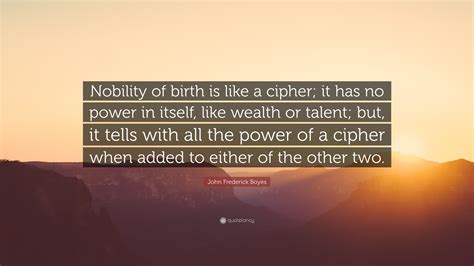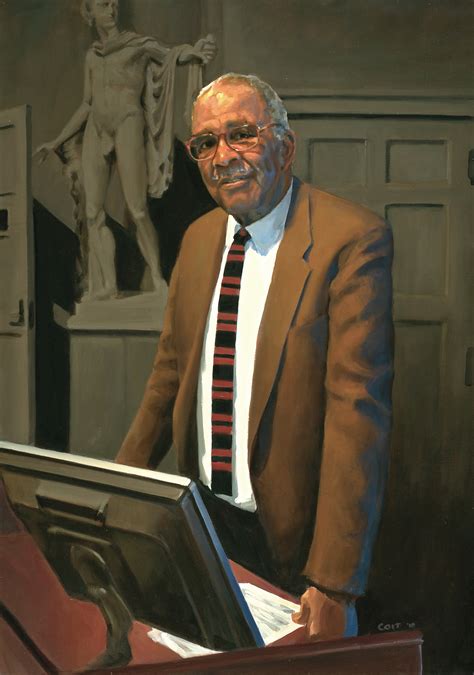A Quote by Jill Lepore
Conservatism cherishes tradition; innovation fetishizes novelty. They tug in different directions, the one toward the past, the other toward the future.
Related Quotes
When something goes wrong, what's the best course of action? To change your direction. The word repentance means to stop going one direction (your own way) and turn toward the right direction (God's way). Your past may be a part of who you are, but it certainly doesn't have to define your future. Or if you feel stuck and unable to change directions and move toward God, think of this transformation another way. The Bible says that God is the Potter and we are his clay (Jer. 18:2-6).
The two parties which divide the State, the party of Conservatism and that of Innovation are very old, and have disputed the possession of the world ever since it was made ... Now one, now the other gets the day, and still the fight renews itself as if for the first time, under new names and hot personalities ... Innovation is the salient energy; Conservatism the pause on the last movement.
Every child in America who enters school at the age of five is mentally ill, because he comes to school with an allegiance toward our elected officials, toward our founding fathers, toward our institutions, toward the preservation of this form of government that we have. Patriotism, nationalism, and sovereignty, all that proves that children are sick because a truly well individual is one who has rejected all of those things, and is truly the international child of the future.
People do not drift toward Holiness. Apart from grace-driven effort, people do not gravitate toward godliness, prayer, obedience to Scripture, faith, and delight in the Lord. We drift toward compromise and call it tolerance; we drift toward disobedience and call it freedom; we drift toward superstition and call it faith. We cherish the indiscipline of lost self-control and call it relaxation; we slouch toward prayerlessness and delude ourselves into thinking we have escaped legalism; we slide toward godlessness and convince ourselves we have been liberated.
Besides, whoever keeps the future in front of him and the past at his back is doing something else that's hard to imagine. For the image implies that events somehow already exist in the future, reach the present at a determined moment, and finally come to rest in the past. But nothing exists in the future; it is empty; one might die at any minute. Therefore such a person has his face toward the void, whereas it is the past behind him that is visible, stored in the memory.








































